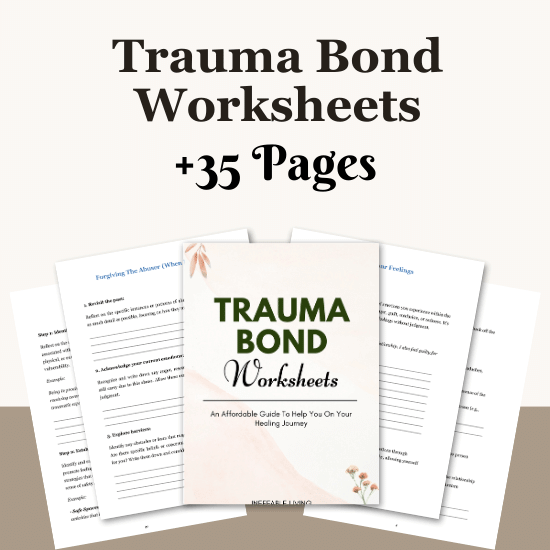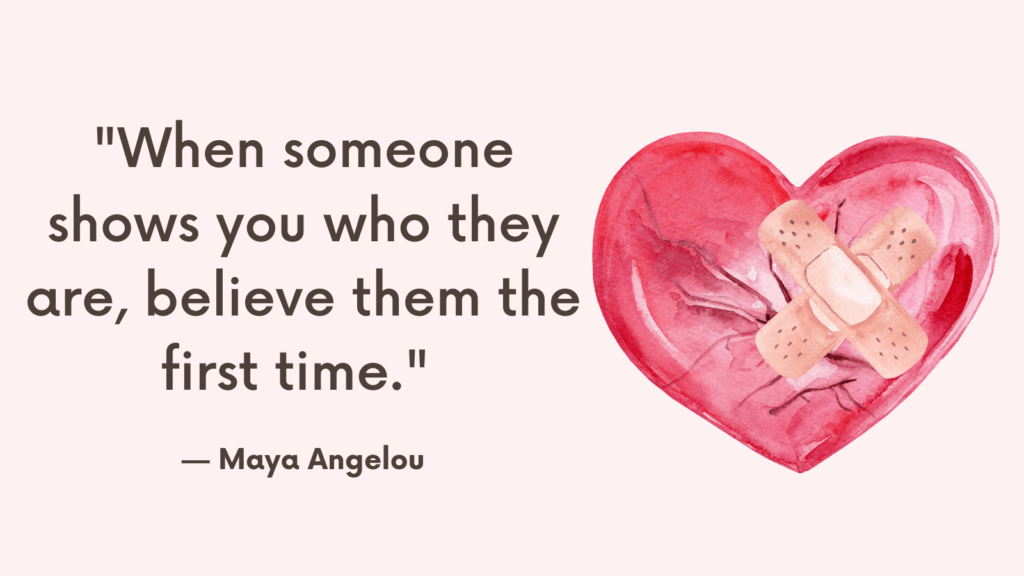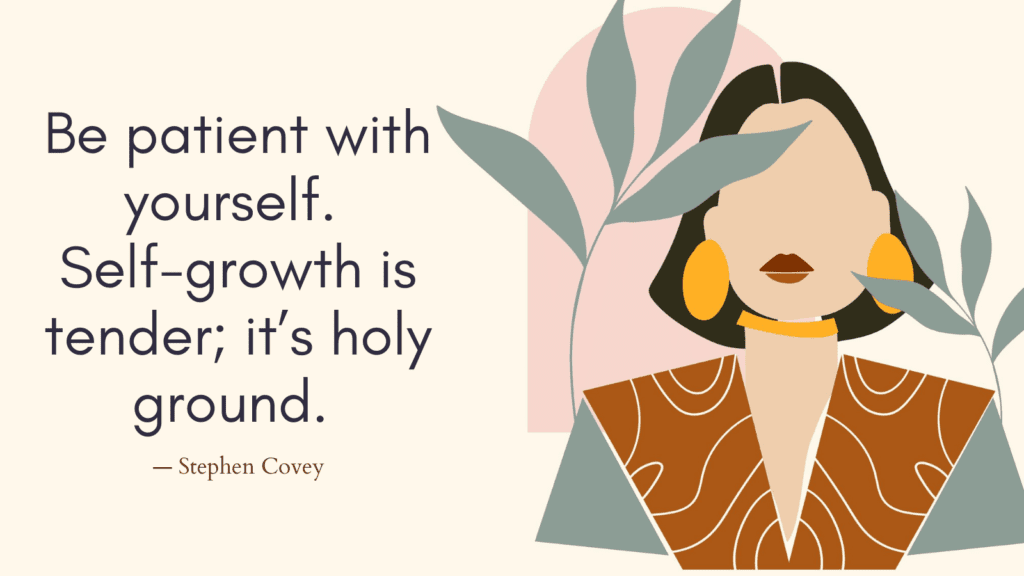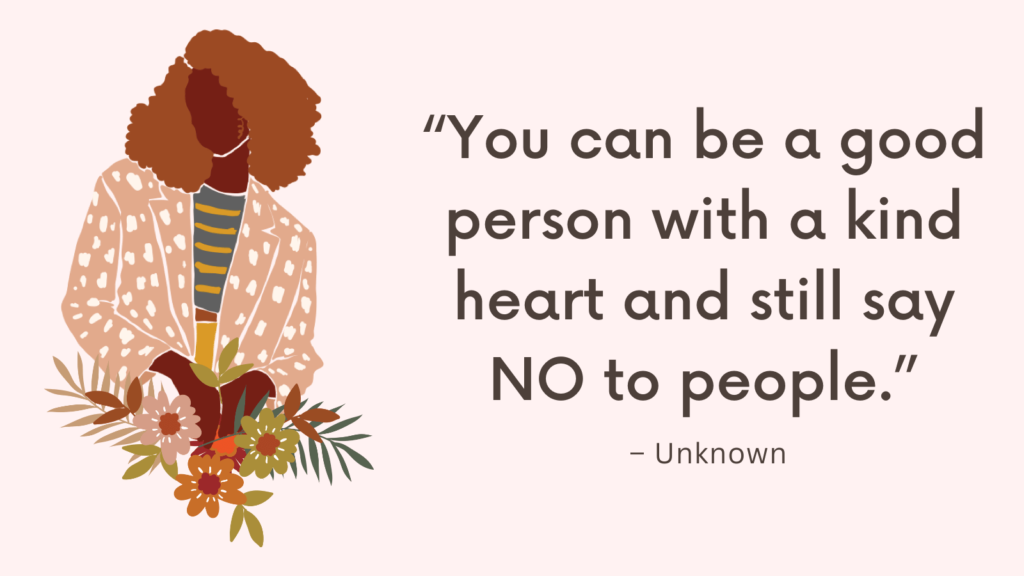Trauma bonds don’t form because you’re weak, naïve, or broken — they form because you’re human. They thrive in high-stress emotional environments where love is offered inconsistently, and pain is followed by just enough relief to keep you hoping.
Understanding what makes someone vulnerable to trauma bonding isn’t about blame — it’s about awareness. The more clearly you see the roots, the easier it becomes to protect yourself from repeating the pattern.
Here’s what often makes people more susceptible to trauma bonds.
What Is a Trauma Bond?
A trauma bond is a psychological attachment that forms when a person experiences repeated cycles of abuse and reconciliation. The emotional rollercoaster of highs and lows creates confusion, dependence, and a distorted sense of connection — where the bond deepens because of the pain, not despite it.
You may find yourself:
- Justifying their behavior
- Feeling unable to leave
- Holding onto brief moments of affection as “proof” of love
- Believing the relationship will improve if you just try harder
Related: Best 5 Stockholm Syndrome & Trauma Bonding Books
What Makes You Vulnerable to Trauma Bonds?
1. A History of Childhood Emotional Neglect or Abuse
If you grew up in a home where love was conditional, unpredictable, or tied to performance, you may unconsciously repeat those dynamics in adulthood. Chaos can feel familiar, even comforting.
2. Low Self-Worth
When you don’t believe you’re inherently worthy of stable, healthy love, you may accept crumbs of affection — or try to “earn” love by fixing or proving yourself to someone who mistreats you.
3. High Empathy Without Boundaries
If you’re deeply empathetic, you may try to understand or excuse abusive behavior. While empathy is a strength, without boundaries it can lead you to absorb pain that doesn’t belong to you.
4. Belief That Love Requires Suffering
Cultural or family messages like “real love is hard” or “relationships take work” can normalize toxic behavior. You may mistake intensity and struggle for proof of love.
5. A Need to Be Chosen or Needed
If your sense of value is tied to being chosen or indispensable, you may stay in harmful dynamics just to feel wanted — even at the cost of your own well-being.
Related: Top 10 Signs Of Trauma Bonding & How To Heal A Trauma Bond
6. Repetition of Unresolved Trauma
Unhealed wounds often recreate themselves through repetition. You may find yourself drawn to the same emotional patterns, subconsciously hoping for a different outcome — or a chance to “fix” the past.
7. Idealization of the Other Person
Trauma bonds often involve seeing the other person’s potential while minimizing or denying their actual behavior. This makes it easy to stay invested in who they could be, instead of who they are.
8. Emotional Isolation
When you’re disconnected from healthy support systems, you become more dependent on the person creating the harm — making it harder to leave or recognize the dysfunction.
9. Confusion Between Intensity and Intimacy
The rollercoaster of abuse and affection creates emotional highs and lows that feel intoxicating. If you’ve never experienced calm, stable love, the chaos can feel like deep connection.
10. Guilt and Shame
Abusers often manipulate you into feeling responsible for their actions. That guilt can keep you in the cycle, convinced you’re part of the problem or that leaving would make you a bad person.
Related: 7 Stages Of Trauma Bonding (+FREE Worksheets)
How to Protect Yourself From Trauma Bonds?
1. Know the Warning Signs
Recognize early behaviors that signal emotional manipulation, such as love bombing, gaslighting, inconsistent communication, or guilt-tripping. When someone repeatedly crosses your boundaries but showers you with affection afterward, they’re not being loving — they’re creating a cycle.
2. Strengthen Your Self-Worth
Trauma bonds feed off the belief that you have to earn love. The stronger your sense of self-worth, the less likely you are to stay in relationships that require you to prove your value. Daily affirmations, therapy, and self-reflection help rewire that internal narrative.
3. Create and Enforce Boundaries
Boundaries aren’t about pushing others away — they’re about protecting your capacity to stay emotionally safe and stable. Practice saying no. Honor the discomfort of setting limits, even when it risks upsetting someone else. Real love respects boundaries — it doesn’t punish them.
4. Pause When You Feel “Hooked”
If you feel emotionally addicted to someone — craving their approval, terrified of their silence, or clinging to rare good moments — take a step back. Obsessive feelings are a red flag. Healthy love feels grounding, not gripping.
5. Avoid Rushing Into Deep Emotional Intimacy
Trauma bonds often form quickly, during intense emotional experiences. Move slowly. Give yourself time to observe how someone handles your no’s, your needs, and your silence.
Related: Top 10 Trauma Bond Withdrawal Symptoms (+7 Tips on How to Relieve them)
6. Connect With Emotionally Safe People
Having healthy relationships outside the bond gives you perspective. Trauma bonds thrive in isolation. Surround yourself with people who mirror respect, honesty, and emotional maturity.
7. Write Things Down When You Feel Confused
When you’re unsure about someone’s behavior, journaling helps clarify what’s really happening. Document how they make you feel over time — not just in the good moments. Writing builds emotional evidence you can’t ignore.
8. Seek Trauma-Informed Support
If trauma bonds are a recurring pattern, working with a trauma-informed therapist can help you break the cycle at the root. They’ll help you understand why you attach in harmful ways — and how to rewire for secure, safe love.
9. Trust the Red Flags the First Time
Stop explaining away the moments that make your body tense or your stomach drop. Don’t wait for “proof” of harm — discomfort is enough reason to pause. When someone shows you who they are, believe them.
10. Differentiate Chemistry From Chaos
Trauma bonds can feel like powerful chemistry — but they’re actually nervous system activation. Healthy relationships may feel less intense at first, but they offer something better: emotional regulation, respect, and peace.
Related: 10 Silent Red Flags In A Relationship To Watch Out For

Conclusion
Being vulnerable to trauma bonds doesn’t mean there’s something wrong with you — it means your nervous system is wired for survival, your heart is wired for connection, and your past shaped how you respond to danger disguised as love.
The good news? These patterns can be unlearned. With self-awareness, support, and healing, you can break the bond — and build a life where love feels safe, not scary.
You are not broken. You are becoming.



